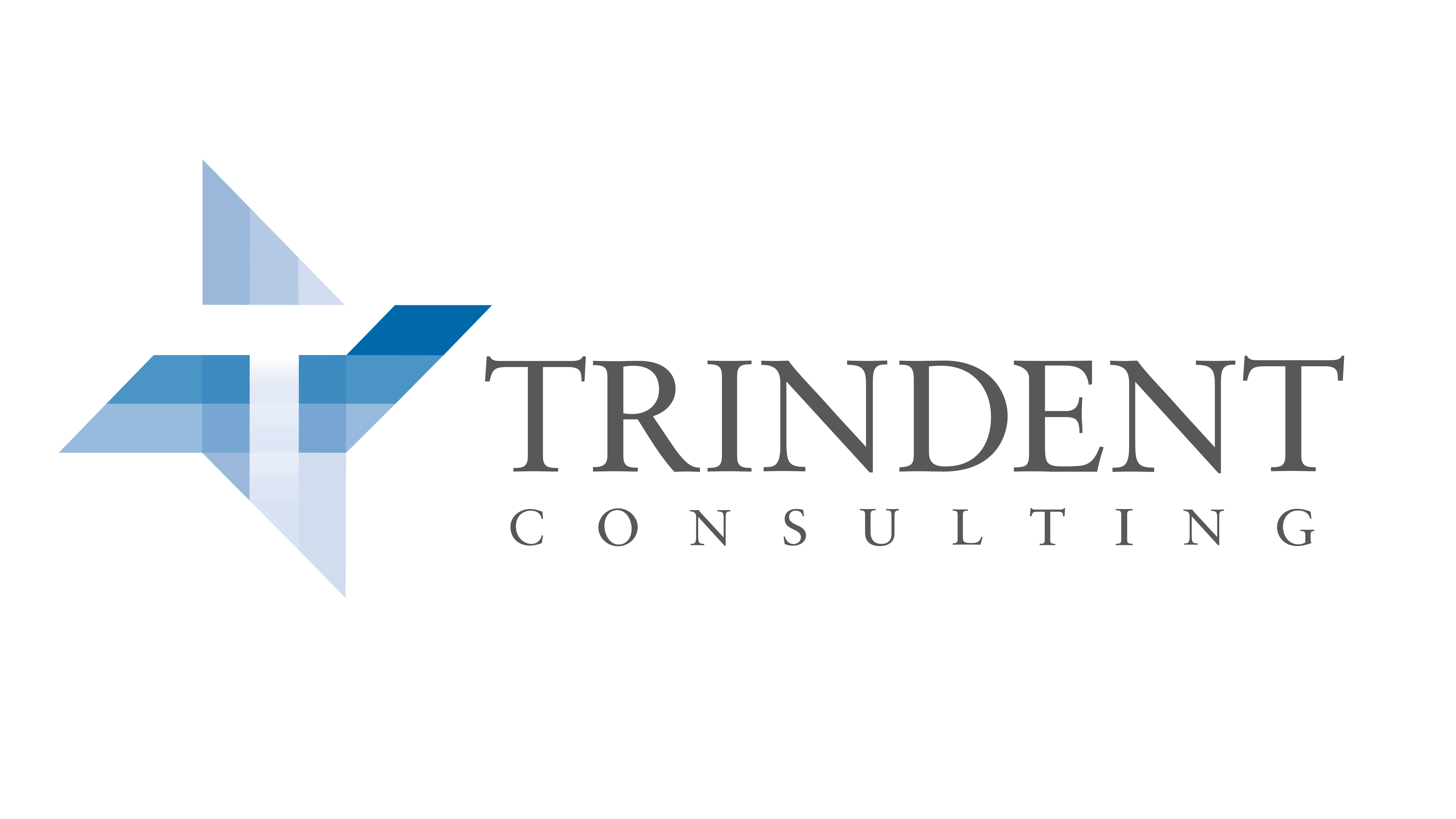Have you noticed the many articles about “what makes good management” published on LinkedIn every day? Did you ever wonder why so many people thought it was relevant to share third-party tips about good managerial practices with their network? I have wondered about this multiple times, which leads to my next question: how many managers do you know have received formal management training when inducted into their role? My guess: not many.
Individuals are most frequently selected for managerial positions based on their experience and knowledge base. However, does their knowledge base make them good managers? Sorry, this one was rhetorical: the answer is no. Now, I do not doubt that most of these freshly-appointed managers do in fact have both the skills and experience to be great; however, you will find that most of them are missing some much-needed insight into where their value-addition truly lies: driving performance improvement.
Because they do not have full visibility over the end-to-end process, many managers miss out on opportunities to ease some of their team’s frustrations and cut overall inefficiencies. Simply put, if you do not truly know what your initial supply is and what your output is destined for, you are potentially missing out on chances to best allocate your resources to optimize your input-to-output ratio. Additionally, management frequently lacks efficient tools and meaningful indicators to track variations in performance, help identify root cause for these variations, and drive action to alleviate the main barriers. These in turn hinder continuous improvement and individual growth as gaps in skillsets cannot be identified and addressed in a timely manner. Finally, managers often demonstrate misconceptions regarding “in-scope” behaviours. It is, for instance, very common for a manager to perceive fire-fighting or customer issue resolution as “active” management when these are really “reactive” management activities that could be mitigated through stronger proactive barriers identification and removal, or performance review.
Because we understand that a high-performing middle management is a must-have for any successful operational efficiency project and for a sustainable and continuous-improvement mindset, we work to provide the necessary processes, system tools, and management training to assess and help develop our client’s managerial force throughout our program.
By: Adeline Bibet

